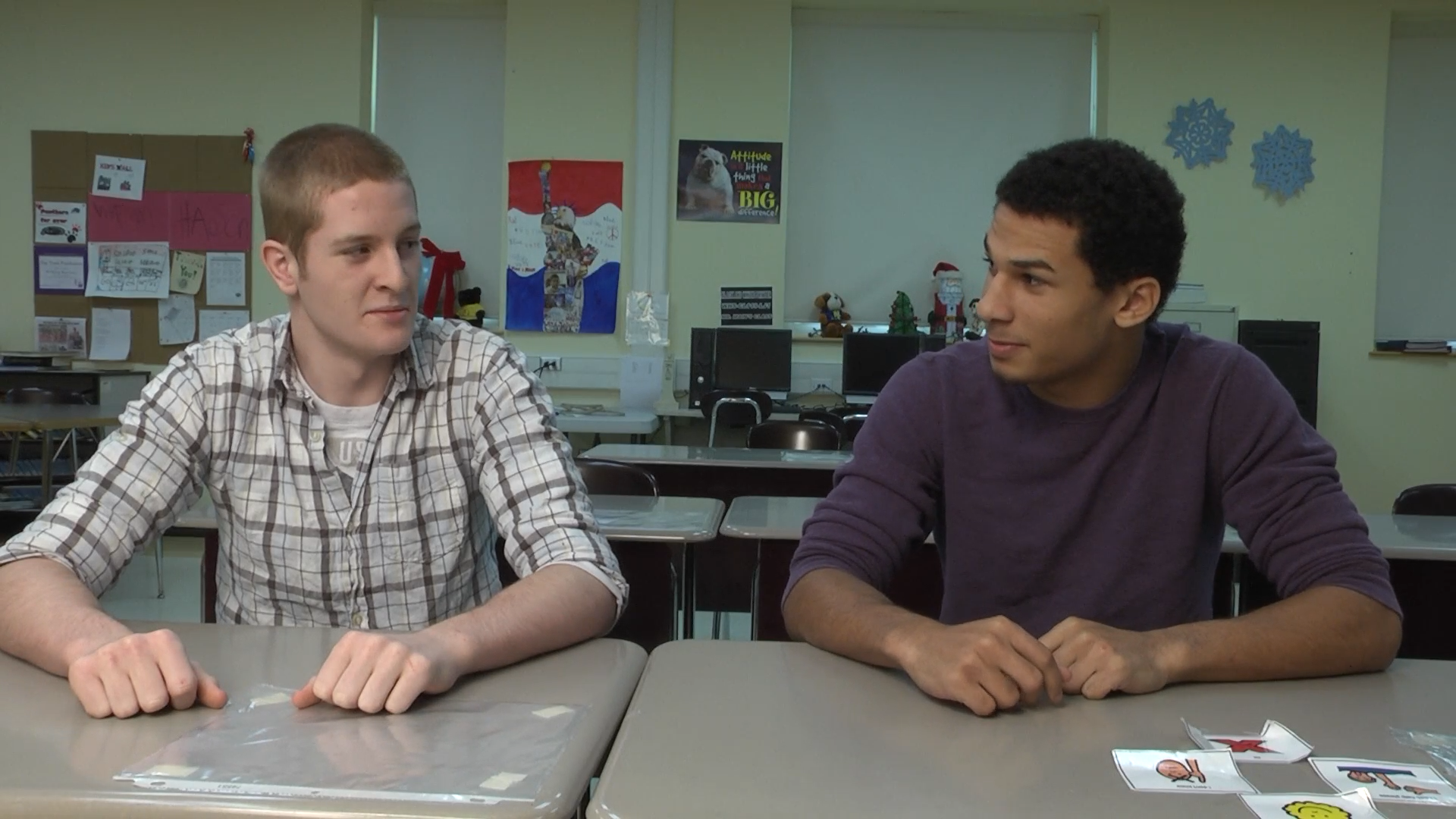
Introduction
Small talk is an essential skill for social interactions. It allows individuals to connect with others, even if only for a brief moment. Small talk usually consists of quick conversations that last just a couple of minutes, often revolving around light topics such as the weather, recent events, or personal interests. In this blog post, we will explore the importance of small talk in social-emotional learning and provide an easy-to-follow, no-prep activity to help students develop this skill.
No-Prep Activity: “Small Talk Carousel”
This activity requires no preparation or materials from the educator. Here’s how it works:
- Ask your students to stand in two concentric circles facing each other, with the inner circle facing outwards and the outer circle facing inwards.
- Explain that they will have one minute to engage in small talk with the person in front of them. Provide a few examples of appropriate topics to discuss.
- After one minute, instruct the outer circle to move one position to the right, so each student is facing a new partner.
- Repeat the process for as many rounds as desired, encouraging students to practice their small talk skills with different partners.
This activity allows students to practice making small talk in a fun and engaging manner. It also helps them to become more comfortable conversing with a variety of peers, which can enhance their overall social-emotional development.
Discussion Questions
After completing the Small Talk Carousel activity, use the following questions to stimulate further discussions:
- Why is small talk important in social situations?
- What are some common topics for small talk? How do you choose a topic that is appropriate for the situation?
- How can small talk help you build connections with others?
- What challenges did you face during the activity? How can you overcome these challenges in real-life situations?
Related Skills
Small talk is just one aspect of social-emotional learning. Other related skills that can help students develop strong interpersonal relationships include:
- Active listening
- Empathy and understanding others’ emotions
- Non-verbal communication (body language, facial expressions, etc.)
- Conflict resolution
- Assertiveness and expressing one’s own emotions appropriately
Next Steps
Teaching small talk is an important step in fostering social-emotional growth in students. To further support your students’ development, you can access a variety of free sample materials related to social-emotional learning by visiting Everyday Speech’s sample materials page. These resources can help you effectively incorporate social-emotional learning into your classroom and empower your students to build strong, lasting connections with their peers.

